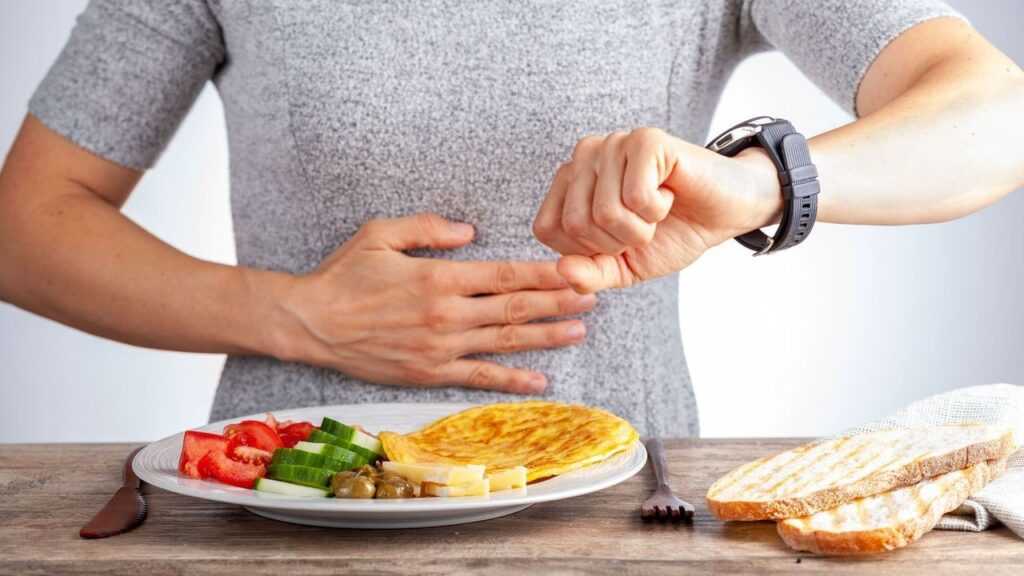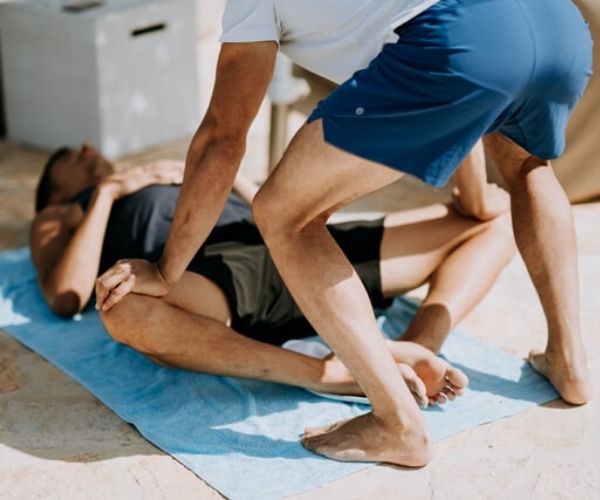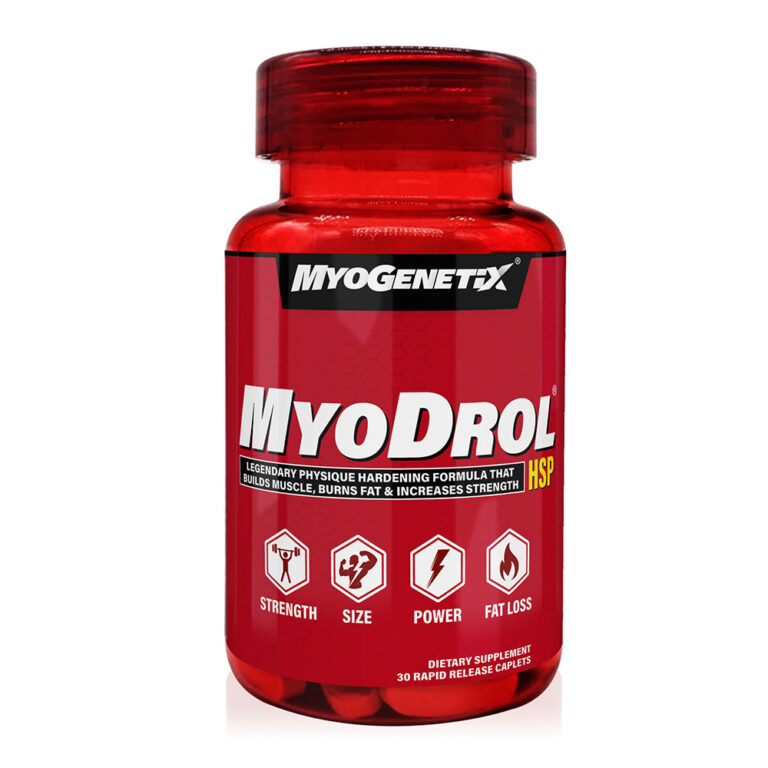A common doubt, I often get is: “How much gap should be there, between meals and workout?”

Proper nutrition is extremely important to fuel your workout and optimal recovery post workout. The question here is not about nutrient timing or what to eat before workout, but how much gap should be there between meals and exercising. But a lot depends on the time of the day you are working out.
- Working out early morning – if you like to workout first thing in the morning, then probably you won’t be eating a full-fledged meal, unless you are working night shifts and coming straight from the office.
Also, empty stomach workout is detrimental, specially if you’re doing a high intensity endurance workout or a resistance training workout. So, having a normal fruit or a black coffee, or your pre-workout drink 30min prior to the workout would be good enough to sustain the workout.
Because the timing is limited, as you need proper sleep also, so you cannot afford to have a full-fledged meal, before a workout, early morning.
2. Working out anytime in the day – let’s assume you are working out in the evening hours. Now, if you have had a proper lunch, for e.g. a good Indian meal consisting of roti or rice, pulses, vegetables, salads etc. then you will need a much longer time to digest the meal, enough to exercise at a higher intensity.
A heavier meal will take around 2-4hrs to get digested, or for the food to move from your stomach to the small intestines. For an average lighter meal also, a time of 1-2hrs can be considered. Such a meal will also give you an excellent workout, as your body will have ample nutrients in terms of carbs and proteins.
If you try and workout too close to your meal timing, you are bound to get digestive issues. Bloating, nausea, stomach cramps, acid reflux, vomiting, diarrhea etc. are commonly seen in such cases. Such issues are more commonly seen in endurance athletes, like runners and cyclists.
3. What & how much you eat also matter. Complex carbs with proteins and fats will take time to digest. That’s why a bigger meal should be consumed at least 2-3hrs before an intense workout session. Some people have an excellent digestive capacity, and can even exercise on a full stomach. But, that’s not the norm.
However, it is always better to workout post a meal, whether big or small. A 2011 study, investigated the nature of the timing of exercise relative to an eating opportunity. Researchers took female undergraduate students and divided them into three groups: exercise before eating, exercise after eating, or no exercise.
Researchers saw that, participants who exercised after eating had higher expectations of the effectiveness of the exercise than those who exercised before eating, while those who exercised before eating reported valuing dieting more than controls.



